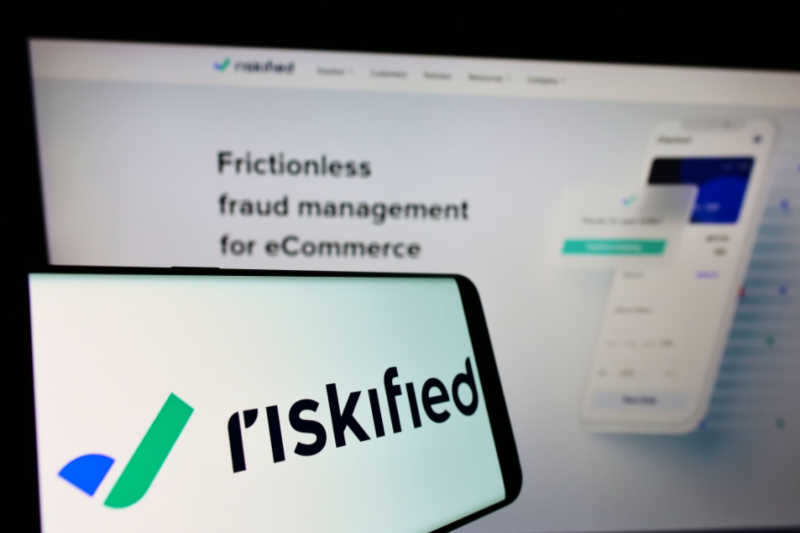Street Calls of the Week
NEW YORK - Riskified (NYSE:RSKD), a $792 million market cap company with strong financial health according to InvestingPro analysis, and Appriss Retail have announced a partnership aiming to enhance fraud prevention across both in-store and online retail channels. The collaboration brings together Riskified's ecommerce fraud and risk intelligence with Appriss Retail's return and claim authorization solutions, aiming to provide a comprehensive defense against omnichannel fraud and abuse. With a solid current ratio of 7.13, Riskified brings substantial financial stability to this strategic partnership.
The partnership is set to offer real-time protection for retailers, integrating data on consumer shopping patterns to secure transactions from checkout to post-fulfillment. The combined efforts are expected to yield a 360-degree view of customer behavior, aiding in the prevention of fraudulent returns and abusive claims irrespective of the purchase origin.
According to recent research commissioned by Riskified, returns, refunds, and exchanges represent a significant financial burden for retailers, with an estimated $394 billion expense in key ecommerce markets. The new alliance seeks to address this challenge by delivering a unified solution that merges online and offline data, potentially reducing overhead costs and losses for merchants. Riskified's own revenue grew by 8.61% in the last twelve months, demonstrating the growing demand for fraud prevention solutions. InvestingPro subscribers can access additional insights about Riskified's growth trajectory and financial performance in the comprehensive Pro Research Report.
Eido Gal, CEO of Riskified, expressed enthusiasm about the partnership's potential to deliver greater value and innovation to clients by offering a unified view of customer interactions. Michael Osborne, CEO of Appriss Retail, highlighted the urgency of combating return and claim fraud, which has become a growing issue for merchants, with over $100 billion in losses indicated in an annual returns report with Deloitte.
The collaboration between Riskified and Appriss Retail is positioned to provide retailers with the tools necessary to combat fraud and abuse, while also enhancing the customer experience and driving sales. The initiative represents a significant step in the evolution of omnichannel fraud prevention strategies. While Riskified's stock has experienced a 25.69% decline over the past six months, InvestingPro analysis suggests the company is currently undervalued, with analysts predicting profitability this year.
This news is based on a press release statement.
In other recent news, Riskified Ltd. has been maintaining an upward trajectory, with Piper Sandler retaining its Overweight rating on the company's shares. The firm noted a rebound in the latter half of the year, with a marked growth in tickets and travel, and an increase in U.S. revenue from 11% to 14%. In the third quarter, Riskified expanded its client base across six sectors and four geographies, matching the number of new $1 million-plus Annual Contract Value agreements with the total achieved in 2023.
However, a setback occurred due to a significant merchant departure, expected to create an $18 million near-term revenue headwind. Despite this, Riskified is on track to achieve about 800 basis points of EBITDA margin expansion, reflecting Piper Sandler's confidence in the company's strategic execution.
In the third quarter of 2024, Riskified reported a 10% year-over-year increase in revenue to $78.8 million, and a Gross Merchandise Volume increase of 17% to $34.7 billion. The company also announced a $75 million share buyback program, aiming at 10-15% of outstanding shares annually.
Looking ahead, Riskified expects a strong performance in the fourth quarter and consistent growth into 2025. The company raised its full-year revenue guidance to between $322 million and $327 million, with adjusted EBITDA projected to be between $14 million and $20 million. Riskified is also strategically focusing on diversifying into resilient sectors like groceries and remittances.
This article was generated with the support of AI and reviewed by an editor. For more information see our T&C.
